Dmitry Medvedev, who served as president between 2008 and 2012, has made increasingly hawkish speeches since Putin sent troops to Ukraine, repeatedly issuing nuclear threats.
Russia's ex-president Dmitry Medvedev has warned that attempts to arrest Vladimir Putin abroad after the International Criminal Court (ICC) issued a warrant against him would be seen by Moscow as a "declaration of war".
Medvedev, who served as president between 2008 and 2012, has made increasingly hawkish speeches since Putin sent troops to Ukraine, repeatedly issuing nuclear threats.
Late on Wednesday, he said Russian weapons would hit a country if it arrested Putin.
The ICC, based in The Hague, last week announced an arrest warrant for the Russian leader, accused of deporting Ukrainian children.
"Let's imagine -- it's clear that this is a situation that will never happen -- but nevertheless let's imagine it does," the Putin ally said.
"The current head of a nuclear state arrives on the territory of, say, Germany, and is arrested. What is this? A declaration of war against the Russian Federation."
Medvedev said that if this happened "all of our means, rockets and others, will fly on the Bundestag, in the Chancellor's Office and so on."
Medvedev -- who is deputy chairman of Russia's security council -- said the ICC's decision will make dire relations with the West plunge further.
His comments came two days after Russia opened a criminal investigation into ICC prosecutor Karim Khan and several other ICC judges, saying their decision was "unlawful".
The Hague-based court had also issued a warrant against Maria Lvova-Belova, Russia's presidential commissioner for children's rights.
On Wednesday, the ICC's legislative body said it regretted "threats" against the tribunal over its warrant.
"The presidency of the assembly regrets these attempts to hinder international efforts to ensure accountability for acts that are prohibited under general international law," it said in a statement.
-AFP


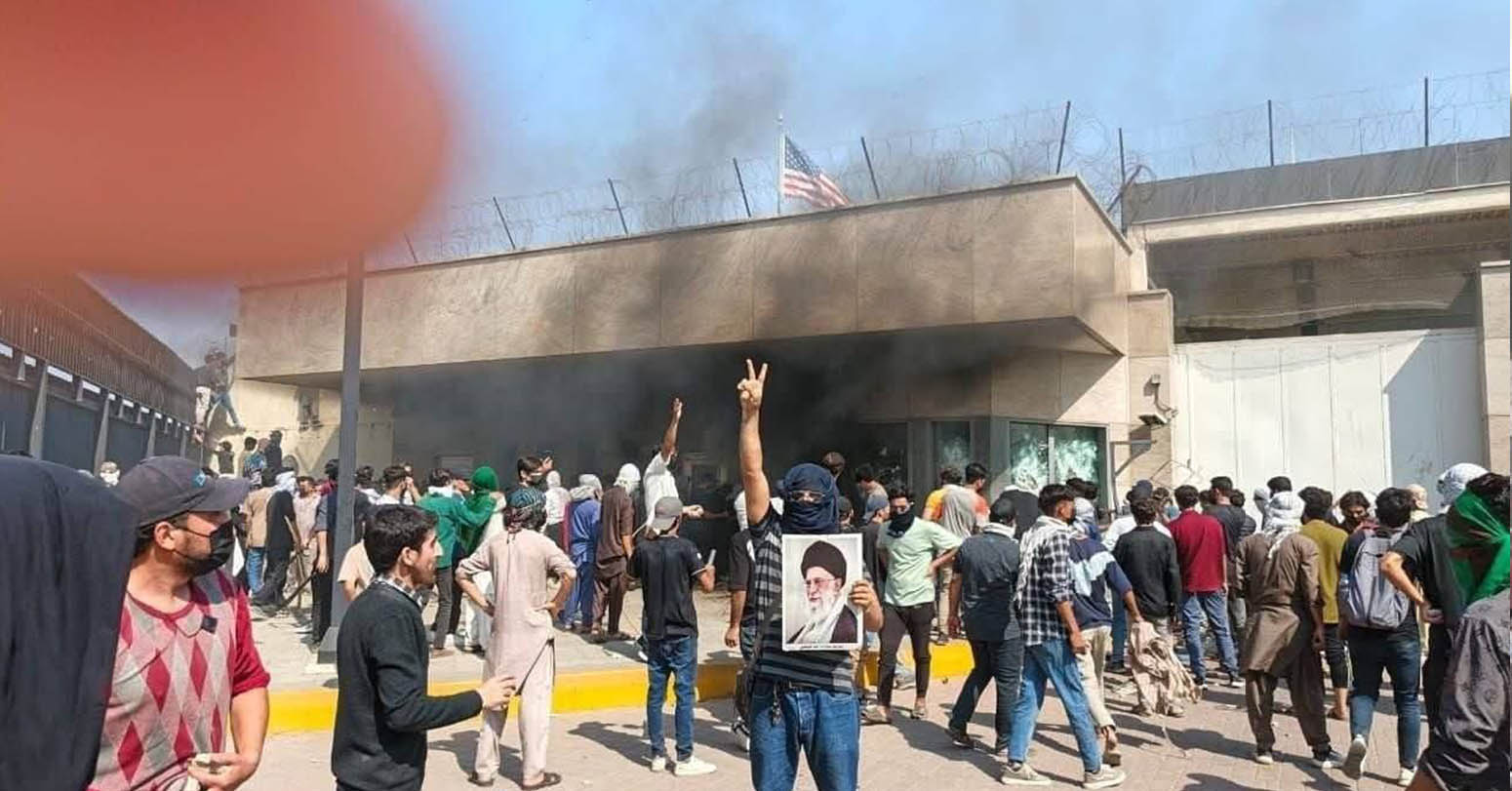


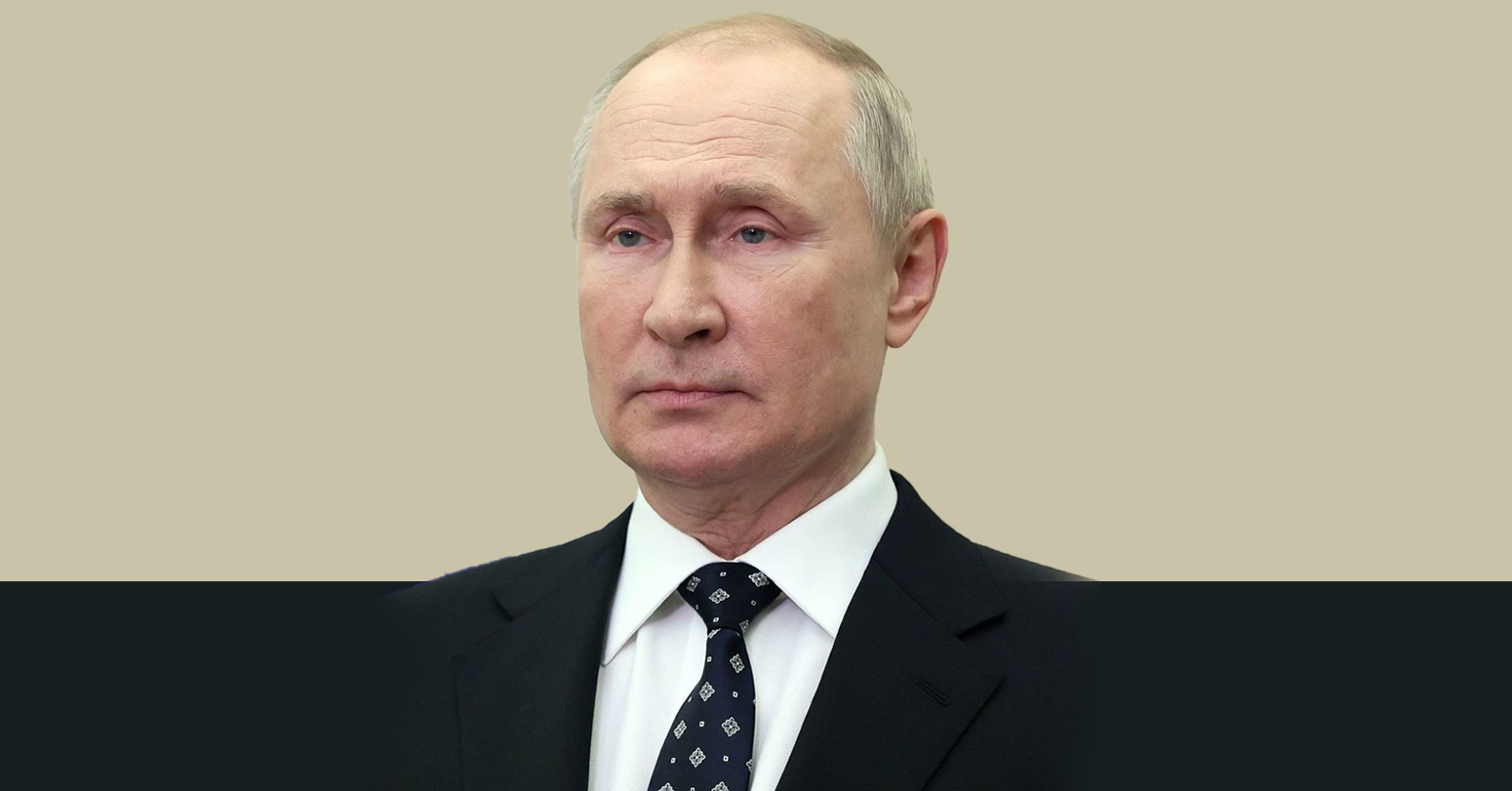


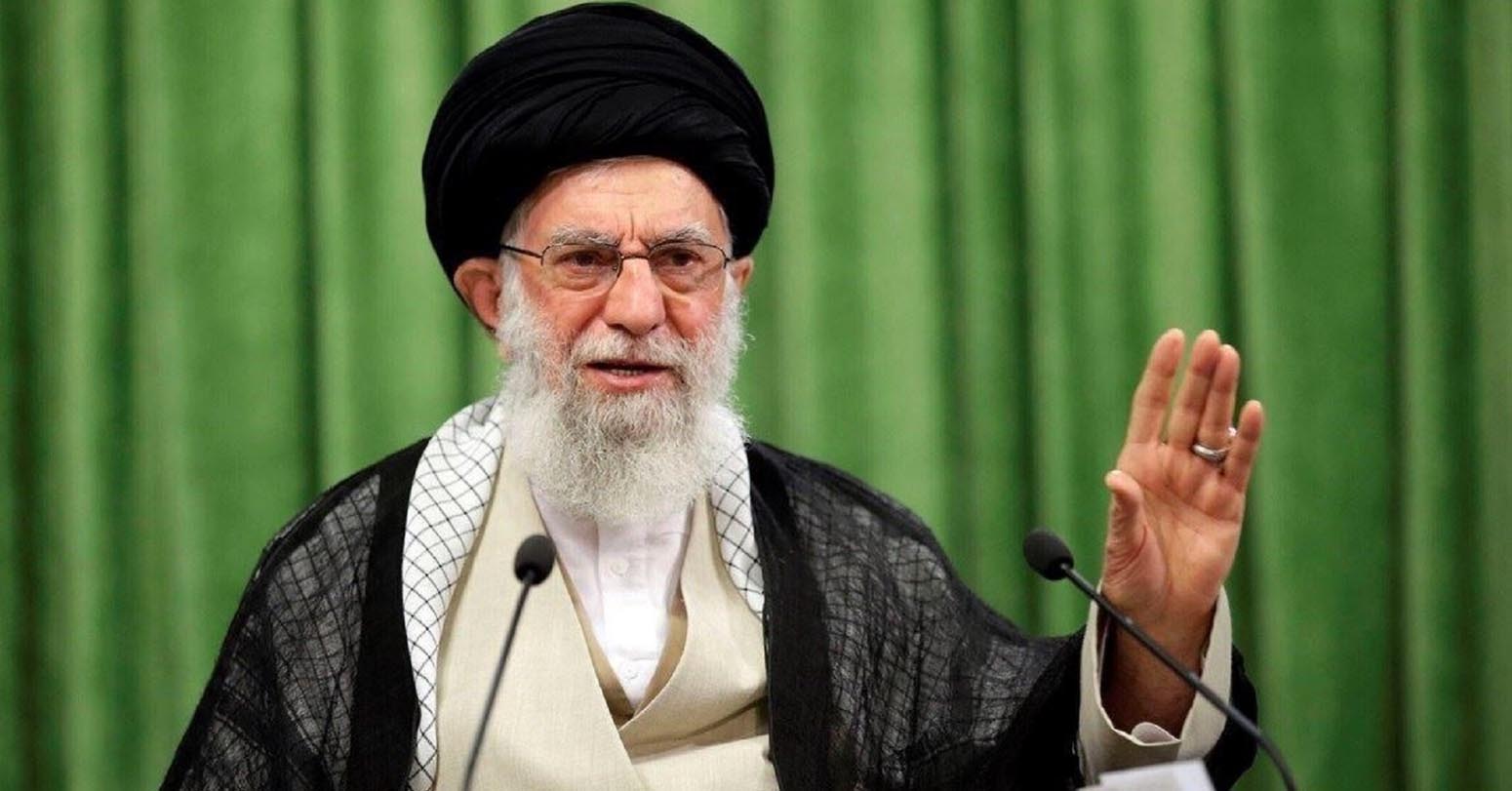
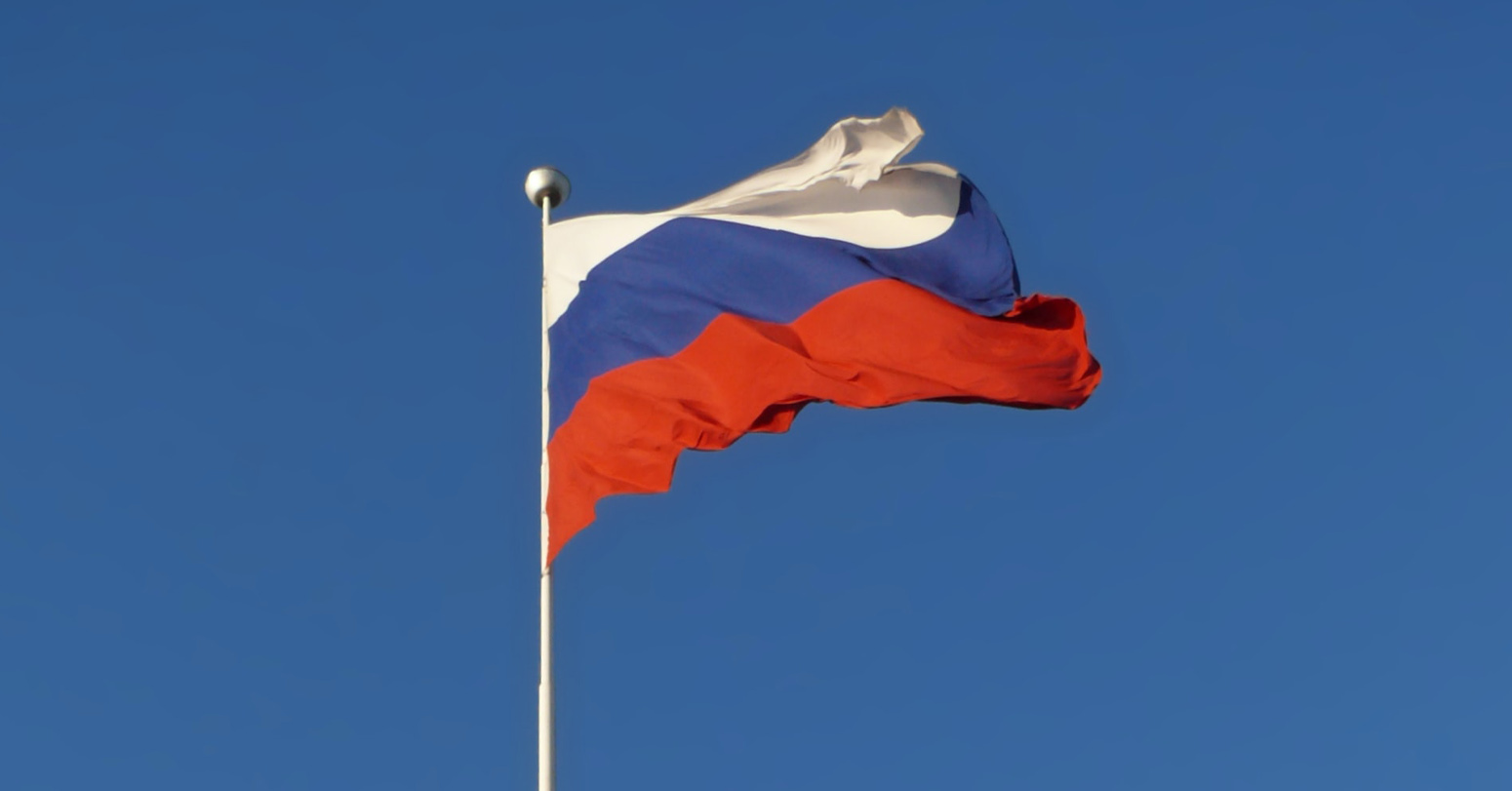

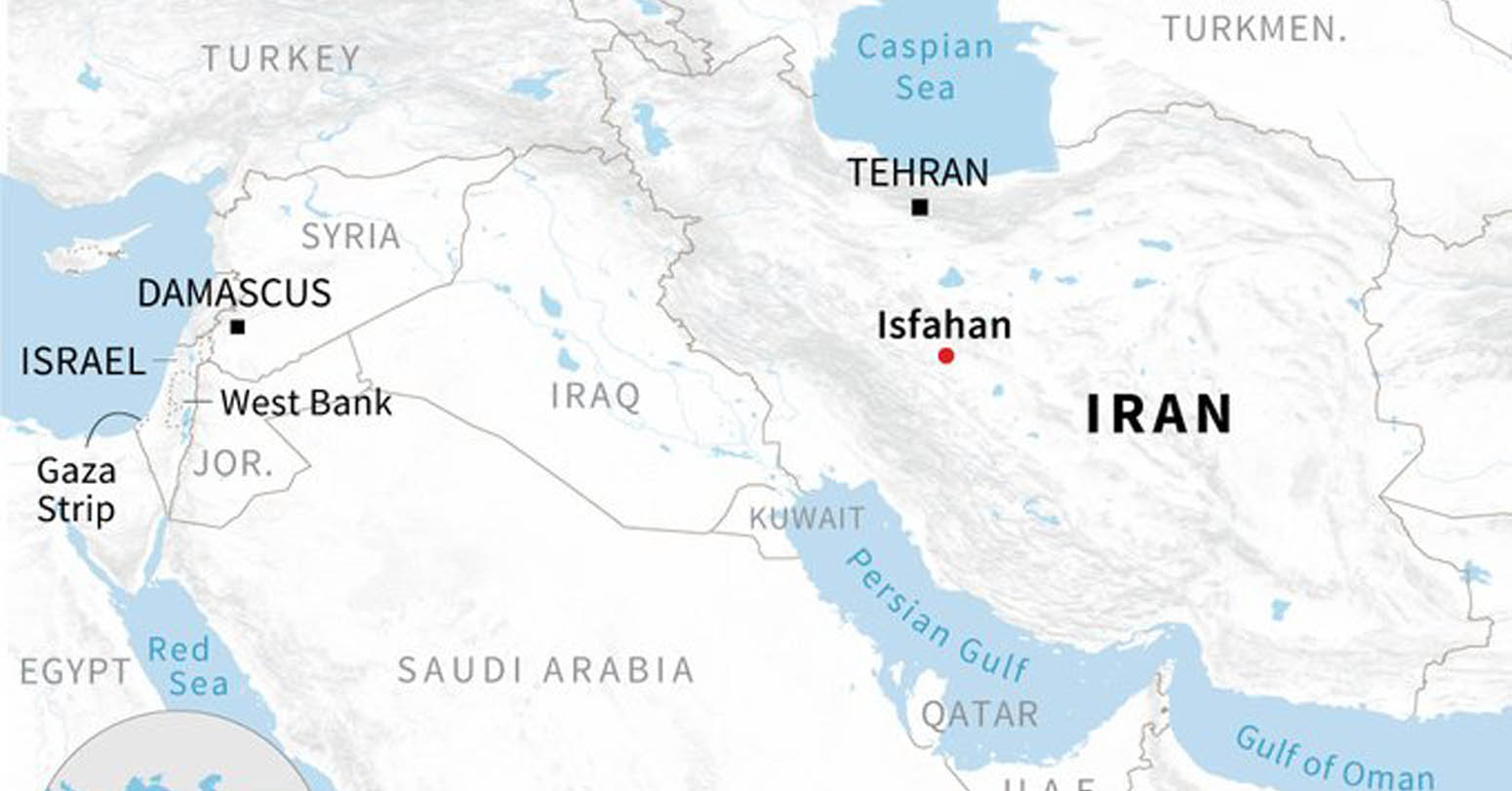

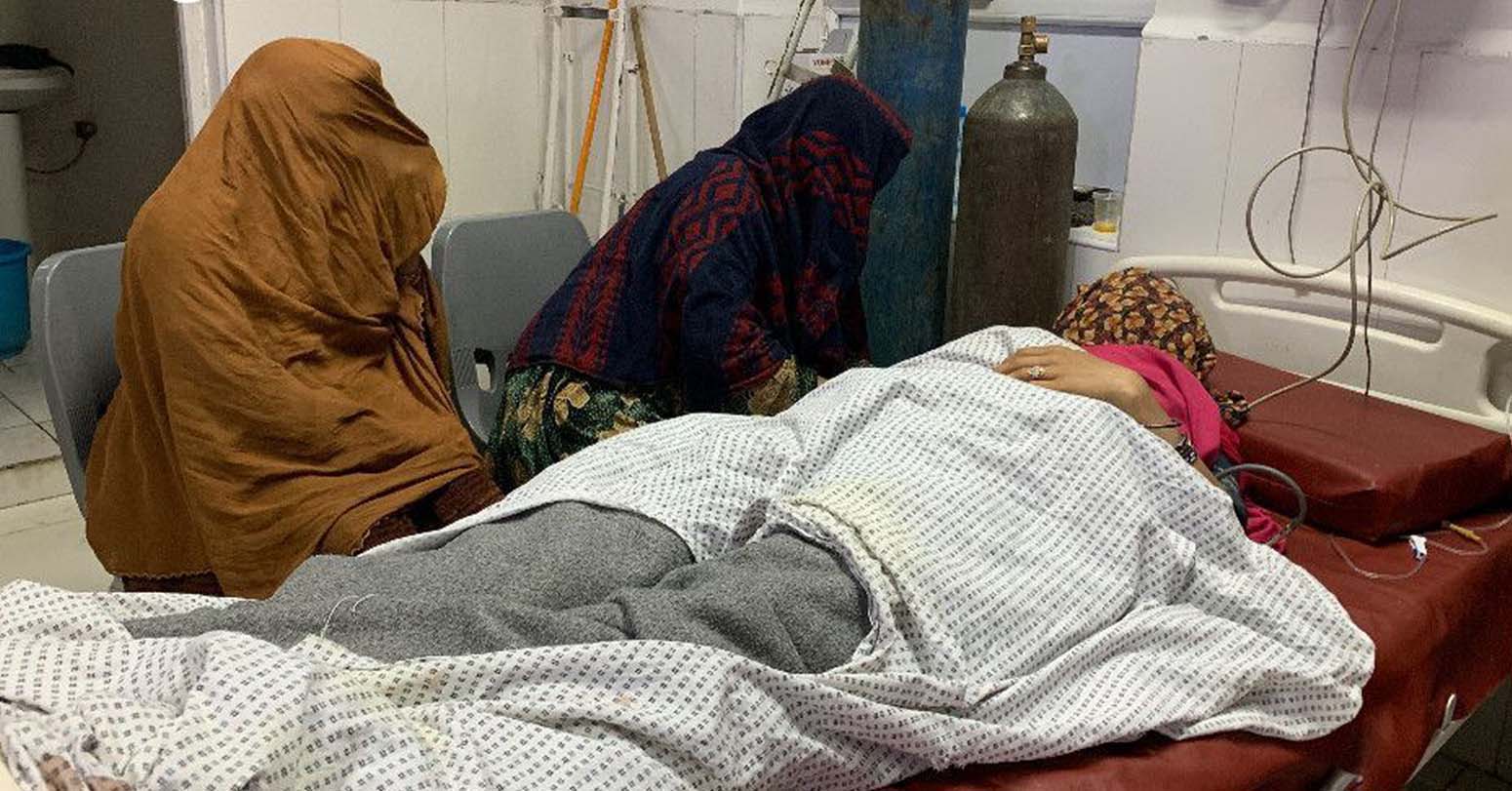
Middle-aged man spends millions to
Dr. Dharam Raj Upadhyay: Man
Children, Greatest Victims Of Sudan’s
Breathing The Unbreathable Air
Comprehensive Data Protection Law Critically
Gender Differences In Mental Healthcare